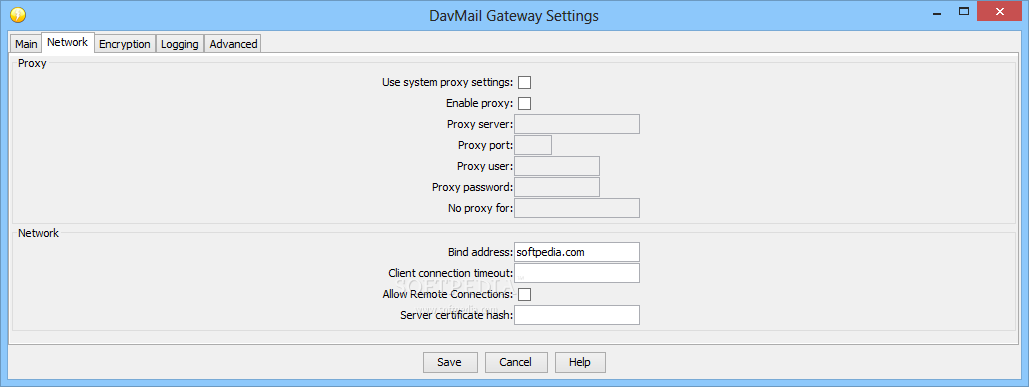

Connecting to the EWS server on Thunderbird Release was an absolute breeze, the price is really good and definitely worth the added comfort and stability. I don't have the technical insight to know if this is really necessary (I know that in the past, breaking compatibility was a necessity in some cases), but on the outside, this looks like terrible, careless, engineering.This integrated fantastically well with my corporate Exchange account now I can use all my favorite Thunderbird addons and have the space saving ergonomic layout of Tb, plus ease of folder traversing "Next Unread Email" and tabbed mail I don't even have to be on VPN anymore to manage my mail. To reduce the maintenance burden in the future, it is in your own interest to use Experiment APIs only to the extent necessary for the add-on.Įssentially, they've broken compatibility by introducing a half-baked framework, and guaranteed that compatibility will be broken again and again. > As Experiments usually run in the main process and have unrestricted access to any aspect of Thunderbird, they are expected to require updates for each new version of Thunderbird. To work around this limitation, add-ons can introduce their own, additional APIs as so-called Experiments.

> While the Thunderbird team plans to add more APIs with upcoming releases, the current set of APIs will not be sufficient to port most add-ons. With the recent version, v78, they did broke extensions again, however, something very smell is the policy that they've adopted - the new replacement APIs are incomplete and experimental (see ): I have very strong suspicions about the engineering quality of their work (but can't confirm). > Unfortunately, the new development and progress is gradually breaking more and more extensions, making it less useful to me as time goes on. It's going to rank lower priority than other fixes, then, especially given the technical debt TB suffers from. So the value-add is comparatively minimal, especially compared to doing something like supporting JMAP (which is somewhat closer to a sane modernization of IMAP than EWS is). Now what's the benefit of adding it core? If you're using TB for your small/medium enterprise, then the better answer is to just switch on IMAP access on the server, which is much better supported in TB (and other clients). Finally, a lot of the logic in Thunderbird isn't really designed for pluggable account types, and that it's even possible to a degree is up to work that rkent and I did to make it barely possible for extensions to do so incorporating the code in core would require properly fixing several of the places rather than continuing the various levels of hacks in place. On top of that, the protocol itself (I believe) largely works in Outlook's not-a-regular-RFC 822-email-message representation, which means you need to build in a translation layer to make it work well. > I don't understand why Mozilla don't offer this themselves though, is it too complicated to put the effort in given the size of the userbase?Ī longer answer: the underlying Exchange protocol is another IMAP-level of complexity of protocol, and the IMAP protocol implementation in Thunderbird is itself running somewhere in the 50KLOC region. So it probably does need to be either Mozilla taking it on as a "we must support this" feature or somebody like Beonex making it a paid product. More generally, I've found in the past that "open source connectors etc to Exchange" support tends to be or become abandonware, because generally the kind of person who writes that sort of addon/integration doesn't really like working in the sort of environment which mandates Exchange and locks it down, and so after a few years when they move on to a new job that doesn't require them to use Exchange the addon becomes abandonware because the original author no longer needs it. (There was a period where stock Thunderbird couldn't handle a "Modern Authentication" Exchange setup, but as of Thunderbird 78 or so it now can.) So the userbase for this kind of connector feature is not just "people whose organisation uses Exchange" but "people whose organisation uses Exchange and whose mail admins are sufficiently anti non-Outlook clients to have turned off IMAP but not so anti non-Outlook clients as to just say that it's policy that you must use Outlook". This relies on the Exchange server not having disabled IMAP and SMTP. I use work's Office-365 mail setup (which is I assume basically "exchange in the cloud") with stock thunderbird plus the free "TbSync" and "Provider for Exchange ActiveSync" addons, for instance (and I only need those for calendar and contacts stuff). I get the impression that this kind of thing depends rather on what specific locked-down settings choices the Exchange admins have made.


 0 kommentar(er)
0 kommentar(er)
